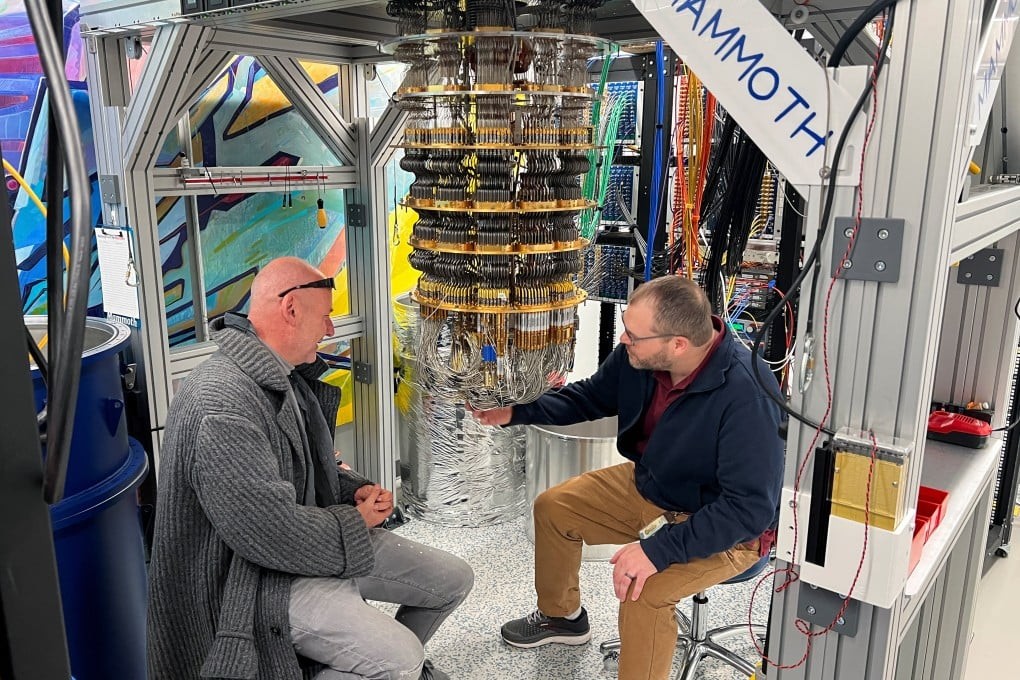
In a bold proposal that sounds like science fiction, Hartmut Neven, the head of Google's Quantum AI laboratory, has put forward an ambitious plan to test whether human consciousness involves quantum phenomena by directly connecting human brains to quantum computers.
The proposal aims to explore a controversial theory first suggested by mathematician Roger Penrose in 1989, which argues that consciousness emerges from quantum processes in the brain rather than classical computing-like operations.
Neven and his research team hypothesize that by creating an interface between the human brain and a quantum computer, they could potentially "expand" human consciousness into a larger quantum system. The theory suggests that this expanded system would create richer conscious experiences that require more information to describe.
"If we can entangle a person's brain with a quantum computer, we could create an expanded quantum superposition," explains Neven. "This expanded state should result in more complex conscious experiences that require additional bits of information to describe compared to normal consciousness."
The research team proposes what they call an "expansion protocol" - a method to extend consciousness across space, time, and complexity by coupling brain activity with quantum bits (qubits) in a quantum computer. If subjects report more elaborate conscious experiences during such coupling, it could provide evidence that consciousness indeed operates on quantum principles.
While the concept is theoretically intriguing, practical implementation faces major hurdles. The proposed brain-computer interface would require invasive procedures that are currently not feasible. Additionally, maintaining stable quantum states in the warm, busy environment of the human brain presents substantial technical challenges.
The scientific community remains divided on the role of quantum mechanics in consciousness, with many researchers favoring more conventional explanations. However, recent discoveries about microtubules in brain cells potentially supporting quantum states have lent some credibility to quantum theories of consciousness.
As research continues, less invasive approaches, such as studying how inert gases affect consciousness, may provide alternative paths to understanding this fundamental aspect of human experience. The proposal has been published in the scientific journal Entropy, adding an provocative new dimension to the ongoing debate about the nature of consciousness.